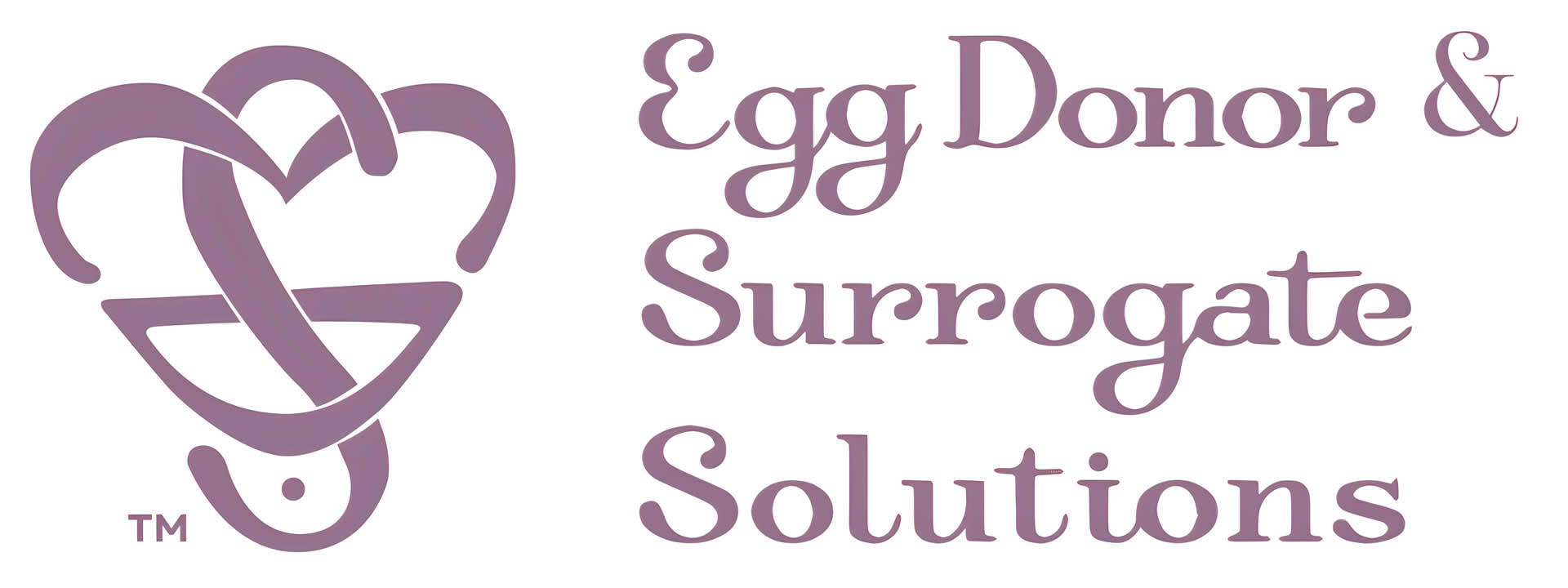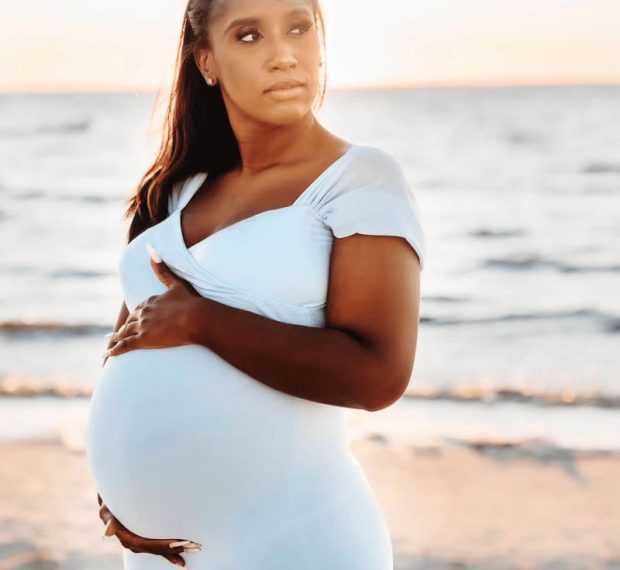Women who meet the qualifications for egg donation have multiple options to consider when choosing an egg donation program. There are agencies like Egg Donor & Surrogate Solutions (ED & SS) that match compatible donors and intended parents (IPs) for fresh donation cycles, egg banks from which IPs can purchase frozen eggs, and in-house programs at fertility clinics, which may coordinate either fresh or frozen donation cycles.
As a potential donor, it’s important to understand the different options available, so you can choose the program that is right for you. Below we outline several things to keep in mind when choosing an egg donation program.
Education and support
Helping to create a family as an egg donor is one of the most selfless and wonderful things you can do for someone else. However, egg donation is a complex process that requires a significant amount of time and dedication. It’s imperative that you understand all aspects of the process, so you can make an informed decision and determine if egg donation is right for you.
Our team at ED & SS, which includes former egg donors, nurses and social workers, is committed to educating donors and IPs and guiding both parties through the process to help ensure a successful outcome for everyone involved. As a donor with ED & SS, you will be assigned a Care Coordinator who will manage your cycle from start to finish, walking you through each step of the process so there are no surprises and answering any questions you have along the way.
Legal agreement
The legal agreement is one of the most important aspects of the egg donation process. For donors, one of the major differences between working with an agency like ED & SS versus a frozen egg bank is the opportunity to have a customized legal agreement with the IPs. At ED & SS, donors consult with an attorney (separate from the IPs) who specializes in third-party reproduction to ensure they understand and are comfortable with all parts of the agreement.
“The protection an agency gives you cannot be replaced,” says attorney Lauren Gaydos Duffer, who has been partnering with ED & SS for 10 years to draft legal agreements for donors and IPs. “When you go to a frozen egg bank, there is no direct communication or relationship with the IPs. You lose the ability to have control over things that may be important to you, like the disposition of eggs and embryos, being notified when a child is born and future contact with the IPs.”
Number of recipients
When you are matched with IPs through an agency for a fresh donation cycle, those IPs receive all the eggs that are retrieved. The eggs are immediately fertilized to create embryos for a fresh transfer to the intended mother or a gestational carrier, or the embryos may be frozen for future family building by the IPs. At ED & SS, donors are allowed to complete a maximum of six cycles, the standard recommended by the American Society for Reproductive Medicine. This means no more than six families will receive eggs from a single donor.
With frozen egg banks, IPs purchase a “cohort” or group of mature eggs (typically six to eight) versus receiving all the eggs from the donor’s cycle. Eggs from a single cycle may be split between multiple IPs, and the donor may not know how many IPs ultimately received her eggs.
Information about the IPs
The information donors receive about the IPs varies among different egg donation programs. At ED & SS, donors are informed of the IPs’ martial status and sexual orientation. They are also notified when a child is born as a result of their donation. This is true whether the donation is open/known or unidentified (meaning neither party receives identifying information about the other). In addition, donors at ED & SS often receive a letter from their IPs, which helps establish a connection and personalize the experience because they get to learn a little more about the family they are helping to create.
Contact with the IPs
Another important factor to consider when choosing an egg donation program is the level of contact you are open to with the IPs, both now and in the future. At ED & SS, because donors and IPs have a direct legal agreement, they can customize the agreement to specify the type of contact they would like to have. Options include an in-person or virtual meeting (facilitated by a member of our team), ongoing communication through the Donor Sibling Registry for medical updates, questions, etc., and the opportunity for children to contact the donor in the future.
Options for ongoing or future contact when working with a frozen egg bank are limited because donors and IPs typically do not have a direct legal agreement. Donors can opt to be anonymous or “Open ID.” Open ID provides the option for a child to request the donor’s information from the egg bank when he or she turns 18 but does not allow for communication between the donor and the IPs.
Compensation
Both fresh and frozen egg donation programs compensate donors for their time and effort during the process. With fresh donation programs, donors must wait to be matched with intended parents before they can complete a cycle. The waiting period can range from a few weeks to a year. However, the compensation tends to be higher with fresh donation programs.
At ED & SS, donors are compensated $9,000 to $14,000 per cycle. The compensation increases with each cycle. Once a donor has completed her initial cycle, she becomes a “proven donor” and is often matched more quickly for subsequent cycles.
Donor compensation at frozen egg banks ranges from $3,000 to $6,000 on average. Donors complete their first cycle and then must wait until the eggs are depleted (or near depletion) at the egg bank before they can do another cycle.
Could you help create a happy family?
If you feel that egg donation might be right for you, we would love to hear from you! You can complete an application on our website.













